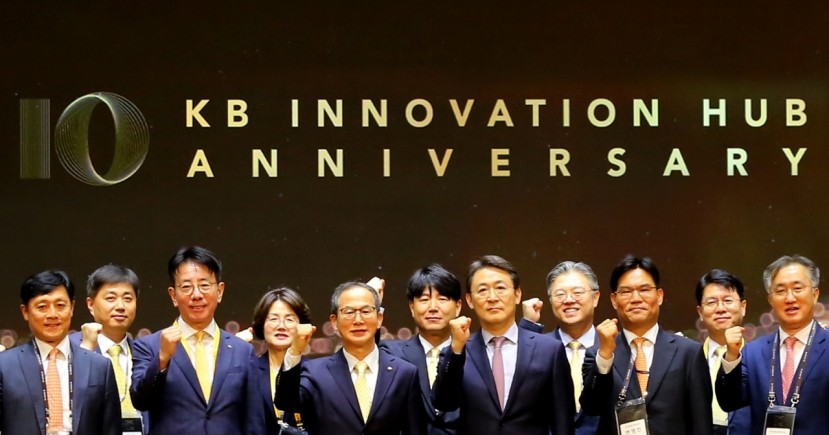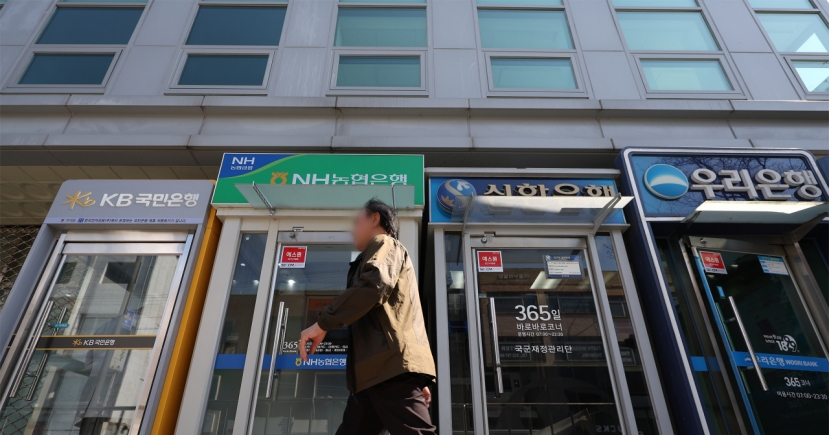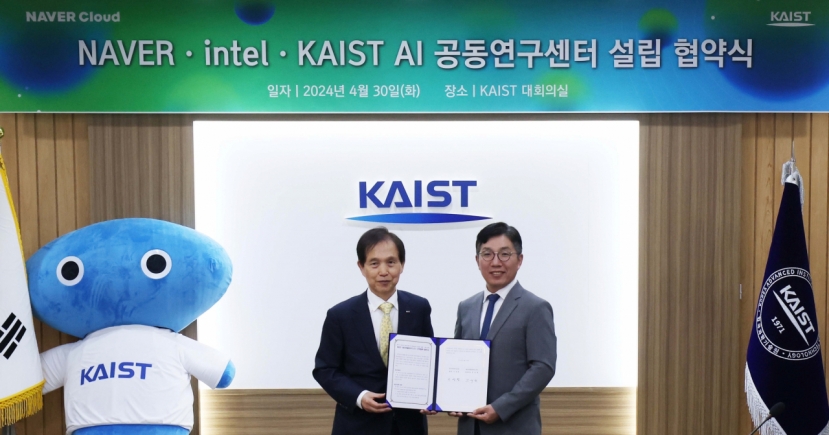Startups
[INTERVIEW] Startup billing tells it all: SparkLabs CEO
[THE INVESTOR] Startup accelerator SparkLabs is quick to point out the low billing of budding entrepreneurs in Korea, compared to firms in Silicon Valley.
“In Silicon Valley, startups call the shots, not investors,” Eugene Kim, General Partner and CEO of SparkLabs, told The Investor in a recent interview. “In Korea, it’s the opposite, and this isn’t a bad thing, only that it’s not really ideal for startups that are scraping the bottom of the barrel to begin with.”
 |
SparkLabs CEO Eugene Kim |
Kim was responding to how Korea needs to change in order to nurture successful startups.
When startups are empowered, and have more leverage over investors, entrepreneurs become more ready to take risks and be aggressive, he noted.
“Failing is one of the most valuable assets of a startup,” Kim adds. “But in Korea, it’s still so hard to even get to the failing stage, because the competition is tough and startups have to satisfy so many needs laid down by investors.”
BINDING RED TAPE
Just how tough it is for startups to get up and running in Korea could actually be a matter of opinion. The government is quite generous about funds, and it’s not hard to get its backing.
At the same time, however, regulatory hurdles are ubiquitous, and despite Korea’s reputation for tech advancement, the government has no guidelines or a specific blueprint of how to pursue the so-called “next-generation” engines of growth that startups seem to hold the key to.
Even in financing, while it’s not too hard to nab initial funds, startups looking for sustainable growth or support rarely find that in Korea. As such, SparkLabs, which first thought of running a fund in Korea, decided to set up shop in the Cayman Islands.
“There were so many conditions to satisfy, such as rules that operating personnel have to be lawyers or accountants, but accelerators, or startups, for that matter, simply don’t have that kind of manpower,” Kim said.
Local incubators and accelerators have now formed associations to meet quite frequently with the government to get rid of some of this red tape.
THE SPARKLABS EXPERIENCE
SparkLabs is not Korea’s first accelerator, but it’s one of the few that make profits only from their stake in other startups. It invests up to US$40,000 in all startups in exchange for up to 6 percent equity.
The accelerator’s three-month mentorship-driven program provides funding, office space, a structural program and access to a network of entrepreneurs, venture capitalists, angel investors and executives.
Kim joined the existing six founding partners as a general partner, and has nearly two decades of experience working with startups and tech firms including SK, Tencent, Podotree and NHN. He is mainly responsible for SparkLabs’ investments in early-stage startups in Korea.
SparkLabs was started in 2012, and is affiliated with seed-stage fund SparkLabs Global Ventures.
By Kim Ji-hyun (jemmie@heraldcorp.com)
The Investor Editor-in-Chief








